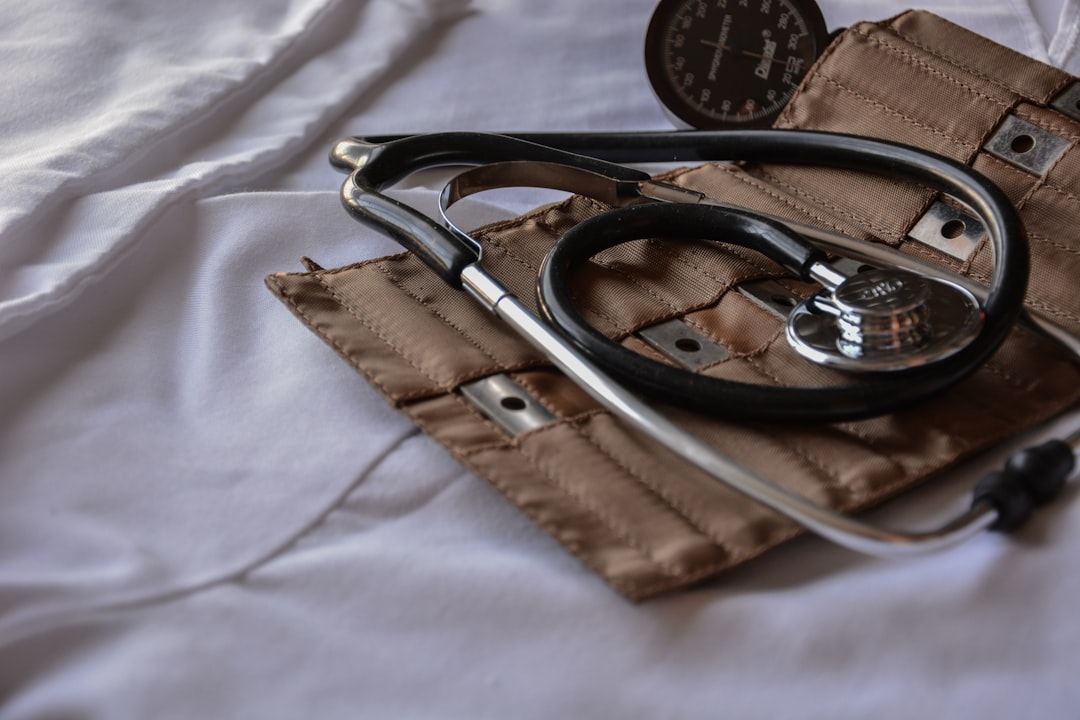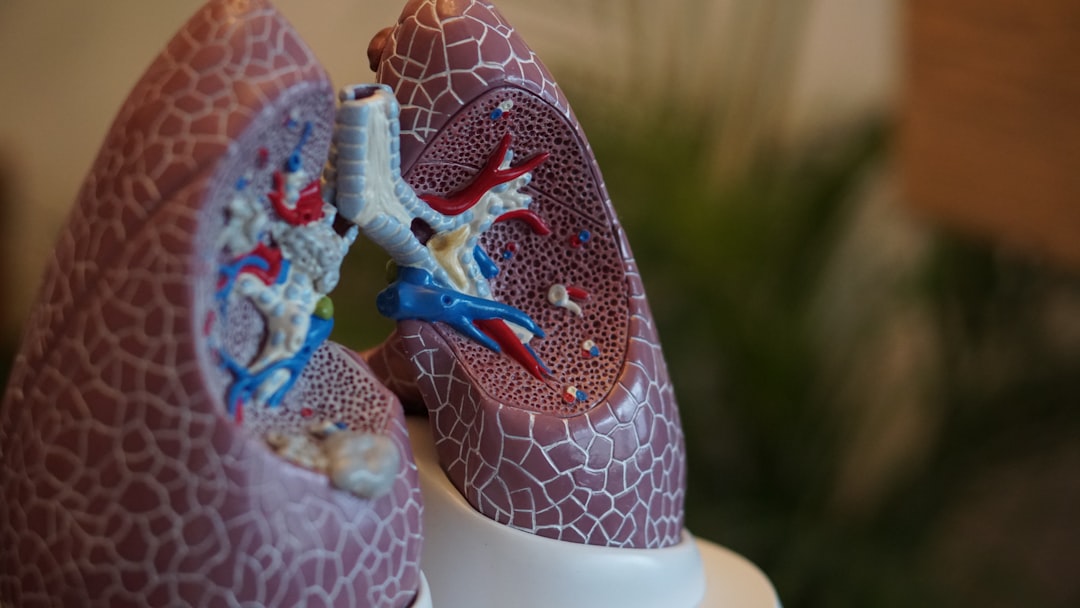What is it about?
Female genital mutilation, also known as female cutting (we will use the abbreviation FGM/C from now on), is a practice that involves changing, altering or removing part of a girl or woman’s external genitalia without a medical or health reason. There are no health benefits, and some girls and women who undergo FGM/C may experience bleeding, pain, infections, and may have problems getting pregnant and giving birth. Some FGM/C-survivors may also experience mental health problems. Across the world, more than 200 million girls and women are affected by FGM/C, with 137,000 living with the consequences of FGM/C in England and Wales. The World Health Organisation has identified four different types (types 1, 2, 3 and 4) of FGM/C with Type 3 (which involves creating a seal over the vaginal opening) being the most severe. Girls and women who undergo type 3 may need to have a small operation to open this seal (known as deinfibulation surgery). At the moment, we know little about what women, their partners, and healthcare professionals (e.g. doctors and midwives) think about when this operation should be done (e.g. before pregnancy or at what stage during pregnancy). We would also like to know more about how NHS services can best support and care for FGM/C-survivors and their families. In order to understand when would be best for women to undergo opening surgery and how NHS FGM/C services could be improved we will carry out a programme of research that will include: (1)	Discussions with up to 50 women with Type 3 FGM/C who have and have not been re-opened and up to 10 discussions with male partners to understand their views on when the operation should take place and how the NHS can best support their needs. FGM/C-survivors, from three different areas of England, will be identified via their healthcare professional, community organisations, advertising and word of mouth (2)	Discussions with up to 50 healthcare professionals (e.g. doctors, midwives, practice nurses) who care for FGM/C-survivors and their families across the UK to explore their views on when opening surgery should be undertaken and how FGM/C NHS services could be improved. Healthcare professionals will be identified via professional networks, FGM/C clinics, advertising and word of mouth (3)	Running two workshops (one with FGM/C-survivors and one with stakeholders involved in FGM/C service provision) where we will discuss our findings from the programme of research, try to reach an overall decision about when opening surgery should take place, and make suggest ions for how FGM/C-related care can be improved within the NHS Throughout the programme, we will engage with members of FGM/C-affected communities in a large city which has one of the highest rates of FGM/C in England. We have asked a number of FGM/C survivors, who have and have not had opening surgery, to form a group to support the research team. This group, which will be led by a FGM/C-survivor and campaigner, will meet with the research team regularly to ensure that the research is appropriate and sensitive to the needs of FGM/C affected communities. With the help of the FGM/C-survivor group we plan to share the results of the research with FGM/C affected communities, healthcare professionals, researchers, policy makers and other groups involved in the delivery of FGM/C-related services by giving presentations, running information events, writing reports and research articles.
Featured Image
Read the Original
This page is a summary of: Exploring the views of female genital mutilation survivors, their male partners and healthcare professionals on the timing of deinfibulation surgery and NHS FGM care provision (the FGM Sister Study): protocol for a qualitative study, BMJ Open, October 2019, BMJ,
DOI: 10.1136/bmjopen-2019-034140.
You can read the full text:
Contributors
The following have contributed to this page










